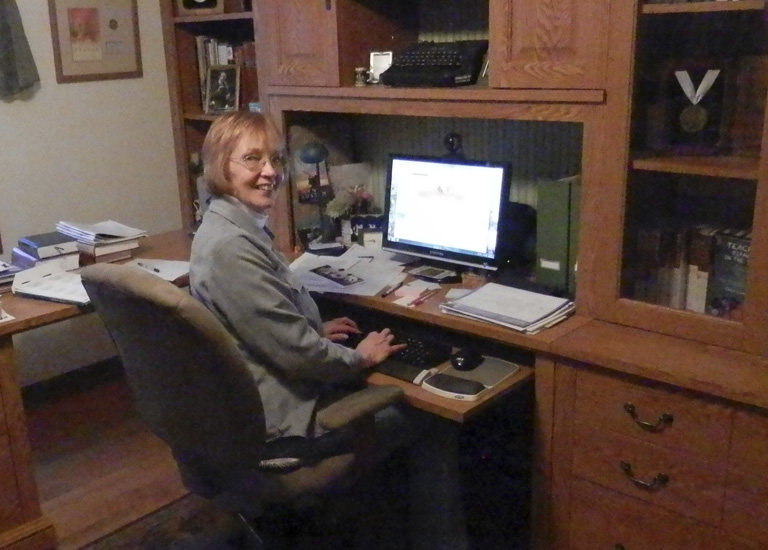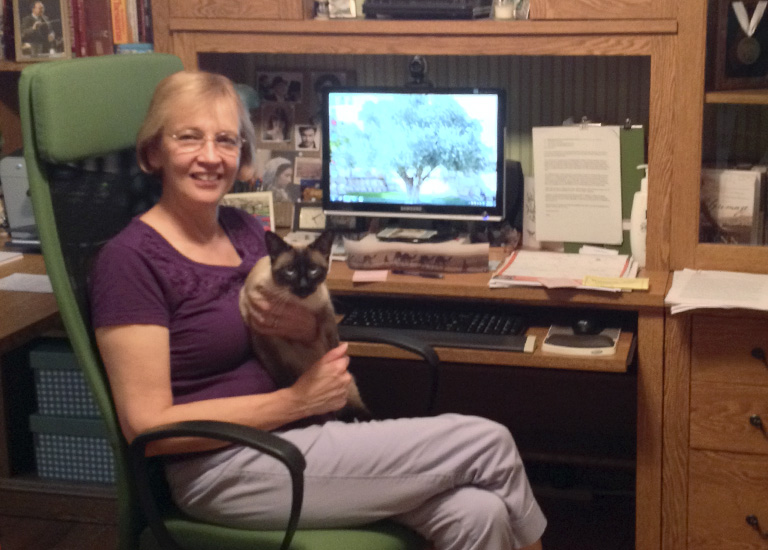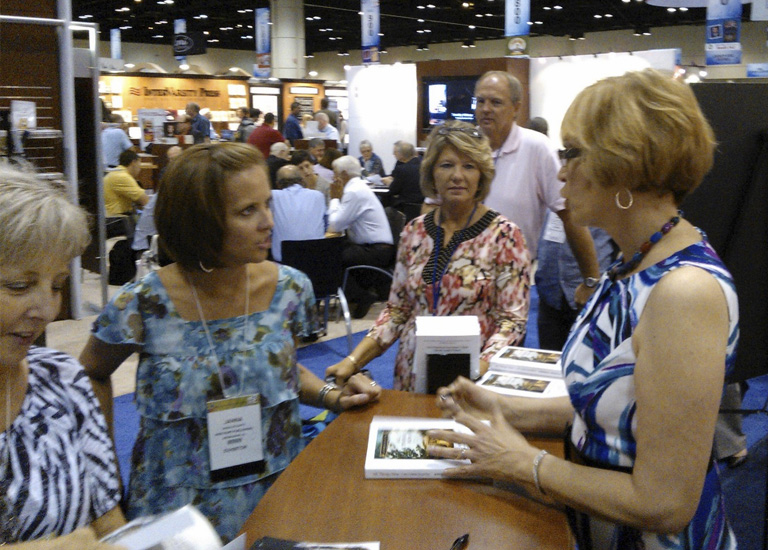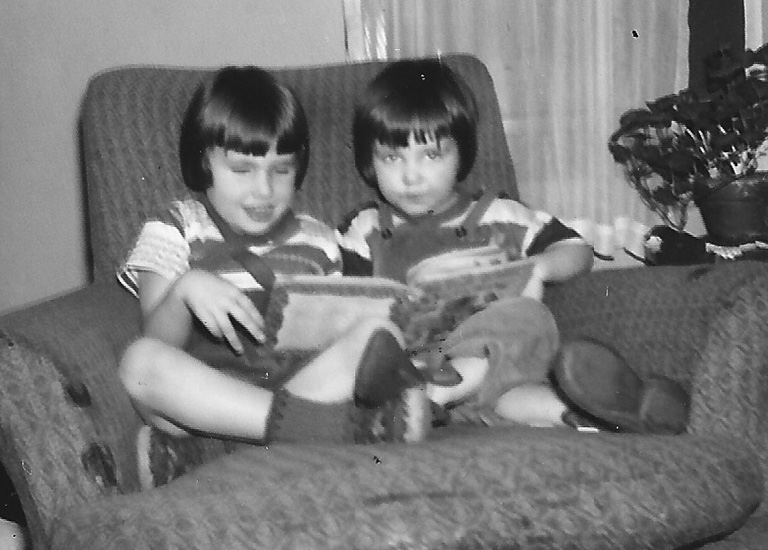Take My Advice

The first time I attended a writers’ conference I found out that the novel I’d just written was totally wrong. Plotting, characters, pacing . . . all wrong. The professional editor who taught the course also evaluated the writing sample I’d sent, and by the end of my critique session, I felt like he’d put my manuscript through a paper shredder.
After my wounded pride healed, I spent the next year re-writing my novel following his advice. I returned to the conference confident that I’d done everything right. But there was a different teacher this time and according to him, I’d still done everything wrong. A year’s worth of work—all wrong. His critique of my manuscript ended like the first one—shredded.
I returned home too discouraged to write and began reading the novels on both instructors’ recommended lists. Presumably, these authors had written their novels “correctly.” I began with a book that the first instructor had praised—and couldn’t finish it. It was boring enough to cure insomnia. I turned to the second list, and while these books didn’t put me to sleep, I still didn’t enjoy them.

Then I read an article in Writer’s Digest magazine that told me the absolutely correct way to write a novel. My way! I learned that my two instructors represented opposite ends of a continuum of writing styles. The first loved literary novels and believed books should be character-driven. The second loved action-packed novels that were largely plot-driven. I wanted my novel to fall in between with strong characters and a vivid plot.
 The answer wasn’t to throw out everything I’d learned from both teachers because they’d taught me the basic rules of good writing. Instead, I began analyzing books by my favorite authors using both sets of guidelines, beginning with three of my favorites: Maeve Binchy, Rosamunde Pilcher, and Chaim Potok. Their characters are so real and engaging they feel like old friends. And their plots never fail to deliver a story I can’t put down. As I spent the next year re-writing my novel, I finally found my own style and voice.
The answer wasn’t to throw out everything I’d learned from both teachers because they’d taught me the basic rules of good writing. Instead, I began analyzing books by my favorite authors using both sets of guidelines, beginning with three of my favorites: Maeve Binchy, Rosamunde Pilcher, and Chaim Potok. Their characters are so real and engaging they feel like old friends. And their plots never fail to deliver a story I can’t put down. As I spent the next year re-writing my novel, I finally found my own style and voice.

Take my advice . . . learn all the rules of good writing from a wide variety of authors and teachers. Tear apart novels by authors you love, chapter by chapter, sentence by sentence, to see how they do what they do. Then listen to what your heart tells you. Trust your instinct. If you believe in yourself, in your own unique storytelling style and voice, you’ll learn to sift through all the conflicting advice that comes your way—and write your own story.
- 3111
- 1
- 1








































